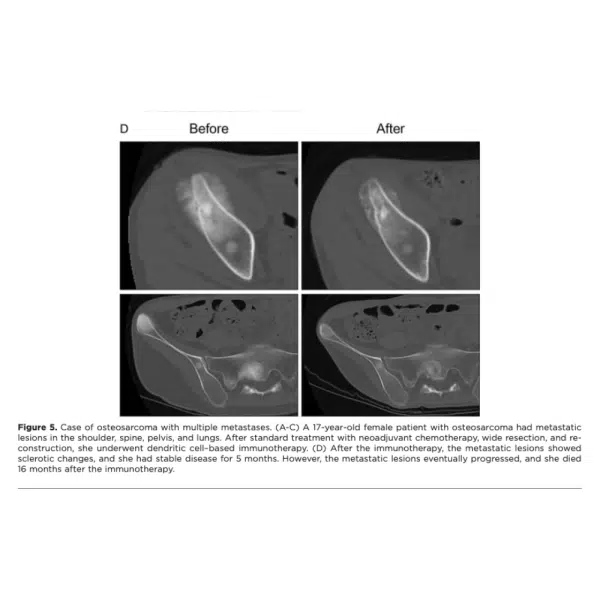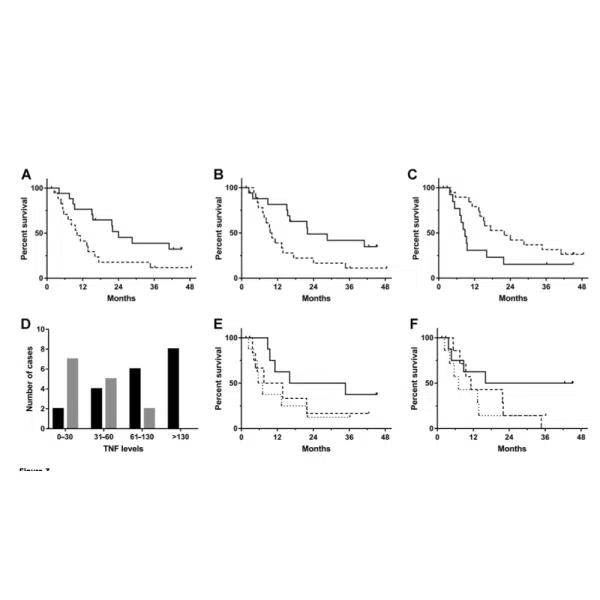Sarcomas represent a diverse group of rare cancers that develop in the soft tissues, such as muscles, tendons, and fat, as well as in the bones. These tumours can occur in individuals of all ages, from children to older adults, and understanding their complexities is crucial for accurate diagnosis and effective treatment.




Sarcomas are a type of cancer that arise from the body’s connective tissues, including bone, muscle, cartilage, and fat. They can occur anywhere in the body, and are often difficult to diagnose and treat. Sarcomas are relatively rare, accounting for less than 1% of all cancers. In the United States, there are approximately 13,000 new cases of sarcoma diagnosed each year. Sarcomas can occur in both children and adults, but are more common in older adults. Certain genetic conditions, such as neurofibromatosis, can increase the risk of developing sarcomas.
Sarcomas can be difficult to detect, as they often grow slowly and do not cause symptoms until they have become quite large. Some common symptoms of sarcoma include pain or swelling in the affected area, unexplained weight loss, fatigue, and difficulty moving or performing daily activities. Imaging tests such as X-rays, CT scans, and MRI scans can help detect the presence of a tumour, and a biopsy can confirm the diagnosis of sarcoma.
Treatment options for sarcoma depend on the location and size of the tumour, as well as the stage of the cancer. The most common treatment for sarcoma is surgery, which involves removing the tumour and a margin of healthy tissue around it. Radiation therapy may also be used before or after surgery to shrink the tumour and kill any remaining cancer cells.
In some cases, chemotherapy may be used to treat sarcoma, particularly if the cancer has spread to other parts of the body. Chemotherapy involves the use of drugs to kill cancer cells or slow their growth. Targeted therapy, which uses drugs that target specific molecules involved in cancer growth, is also being studied as a potential treatment for sarcoma.
The survival rates for sarcoma vary depending on the location and stage of the cancer, as well as the age and overall health of the patient. According to the American Cancer Society, the overall 5-year survival rate for sarcoma is around 66%. However, survival rates vary widely depending on the specific type of sarcoma. For example, the 5-year survival rate for chondrosarcoma, a type of bone sarcoma, is around 91%, while the 5-year survival rate for leiomyosarcoma, a type of soft tissue sarcoma, is around 63%.
Research is ongoing to improve the detection and treatment of sarcomas. Some promising areas of research include immunotherapy like the Dendritic Cell Therapy by Immucura, which uses the body’s own immune system to fight cancer, and precision medicine, which uses genetic testing to tailor treatments to the specific characteristics of each patient’s cancer.
In conclusion, sarcomas are a rare but serious type of cancer that can be difficult to detect and treat. Surgery, radiation therapy, and chemotherapy are the most common treatment options, and the survival rates for sarcoma vary depending on the location and stage of the cancer. Research is ongoing to develop new and more effective treatments for sarcoma, such as the Dendritic Cell Therapy that Immucura offers, with the goal of improving outcomes for patients with this challenging disease.
You can read the experience of some of the Immucura’s patients such as Daniele from Italy that suffered from a Squamous Carcinoma here: https://immucura.com/daniele/:
“For all the people in my place who have to go through this bad experience – I would tell them to go for DCT, do not waste time because time for us is precious. It might be a huge advantage to do it now. We must give it a try even if there is no guarantee, in life, we must always try what is possible. I had the opportunity to do it and I didn’t even need a second to think about it because in my opinion there is a good chance to move forward. “
© 2025 Immucura. All Rights Reserved
Loading: Please wait…
Loading form: Please wait…
Loading: Please wait…
Loading form… Please wait…
Loading form: please wait…